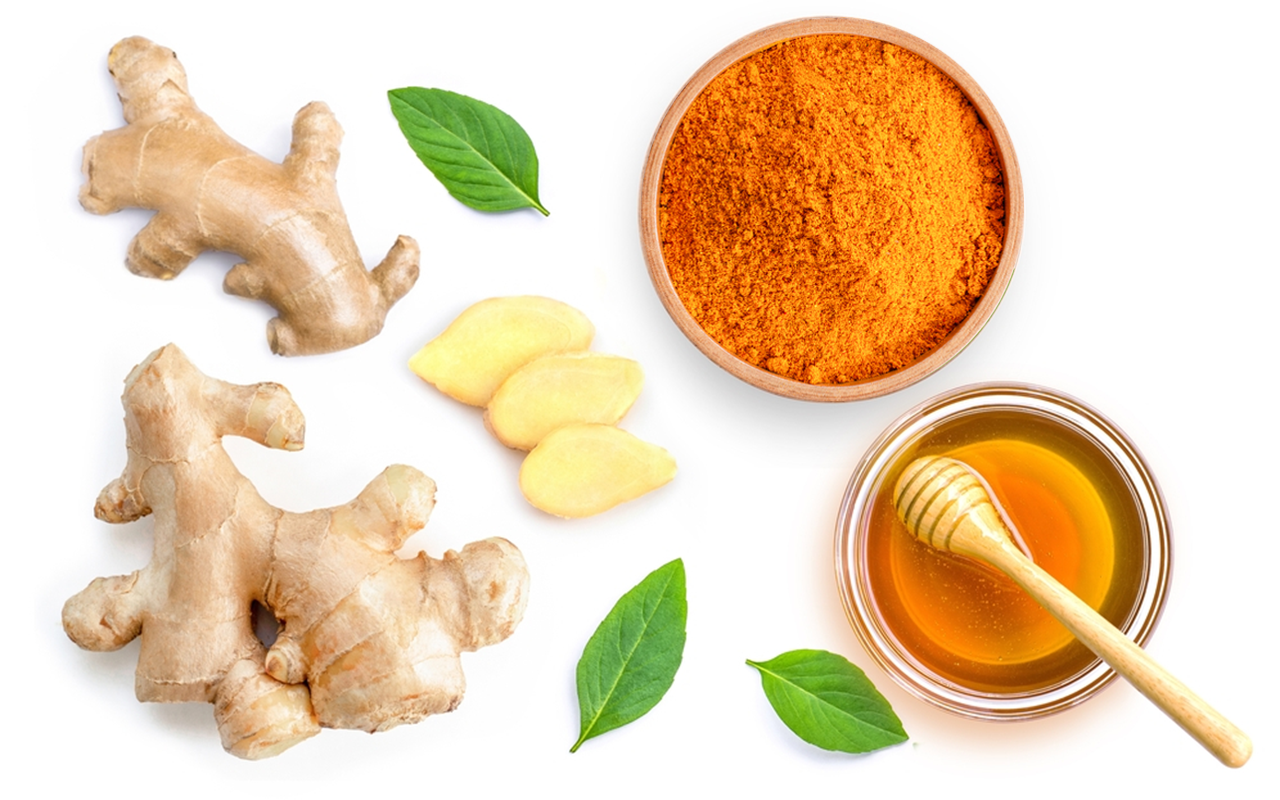
Whether you're on a positive or challenging path in life, there are practices that can benefit you over time—even if you find yourself engaging in negative behaviors. While it's important to maintain good habits for your health, it becomes even more crucial to adjust and take care of yourself when engaging in harmful behaviors. Often, our daily habits unknowingly contribute to health issues due to various reasons and environmental factors. To prevent this, this article aims to raise awareness and help individuals identify and avoid habits that can be detrimental to their health.

Unawareness of Kitchen Utensil Cleaning
Although we regularly wash our cooking utensils, eating vessels, and dishes, we often neglect to wash the sponges and brushes that we use to clean them. We tend to replace these tools only when they become ripped or noticeably worn out. However, it's important to note that sponges and brushes can easily harbor molds and bacteria, posing a health risk if used to clean the kitchen's basin and stove, in addition to washing dishes and pots. To maintain a hygienic kitchen environment, it's best to thoroughly wash your cleaning tools every day and replace them with new ones every 2 to 3 weeks.
Furthermore, due to laziness or lack of time, we sometimes leave dishes that have already been eaten soaking in the basin for extended periods. Unfortunately, these leftover food remnants become breeding grounds for pests in the basin, leading to unclean conditions and potentially causing food poisoning. Therefore, it's important to wash dishes and pots as soon as possible after eating to maintain cleanliness and prevent any health hazards.

Beauty Mistakes
In today's world, as girls embrace different beauty products and techniques, they often overlook the right and wrong ways to care for their skin. Exfoliation, which involves removing old and dead cells, dust, and oil from the face, can be beneficial. However, it's important to note that excessive exfoliation can damage the skin, so it should not be done on a daily basis.
Another common mistake is sharing makeup and lipstick with friends and acquaintances, which can lead to the transfer of bacteria from one person to another. It's important to be cautious and avoid using shared products. Instead of blindly following trends and using modern cosmetics, we should strive to find products that match our own skin tone and choose those made from natural ingredients.

Midnight Snacking
Having irregular eating patterns, whether due to a busy schedule or reluctance to eat, can pose a threat to your health in the long run. Late-night meals, in particular, can make it difficult for your body to digest food and can contribute to the accumulation of internal fats. Consuming excessive spices, caffeine, alcohol, and fatty foods before bedtime can also disrupt your sleep and negatively impact your overall health.
To promote a healthy body, it's advisable to avoid consuming foods with high salt content from outside sources and instead focus on cooking fresh meals at home. It's important to maintain a balanced and mindful diet that supports your well-being.

Sleep Deprivation
Sleep deprivation should not be taken lightly, as it can lead to various health issues ranging from heart problems, high blood pressure, kidney disease, diabetes, obesity, and depression. If you are experiencing sleep deprivation due to lifestyle changes or other reasons, it is important to consult with your doctor and consider appropriate measures, such as medication, to address the issue. Getting enough sleep is crucial for maintaining a healthy and balanced life, both physically and mentally. Aim for at least seven hours of sleep each day to support your overall well-being and ensure optimal performance in your daily activities.

Lack of Physical Movement
While it's widely known that exercise is essential for good health, it can be challenging to find time for physical activity in our busy lives. With advancements in technology, many tasks can be accomplished with just a smartphone, reducing the need for physical movement. However, this lack of exercise can lead to difficulties in concentration and overall unhealthiness. Regular physical activity not only benefits mental health by reducing the risk of conditions like fatigue, stress, and depression but also contributes to the well-being of vital organs such as the brain, heart, lungs, as well as the strength of bones and muscles. Engaging in sports and exercise has numerous advantages, so we encourage you to develop a habit of dedicating time to physical activity each day, even starting with small steps.
Although the consequences of unconscious habits during early ages may not be immediately apparent, they can have adverse effects on the body as you reach adulthood. While making immediate changes in your life can be challenging, it's worth striving to adjust gradually. So why not embark on a journey towards a better life by cultivating positive habits?




Comments